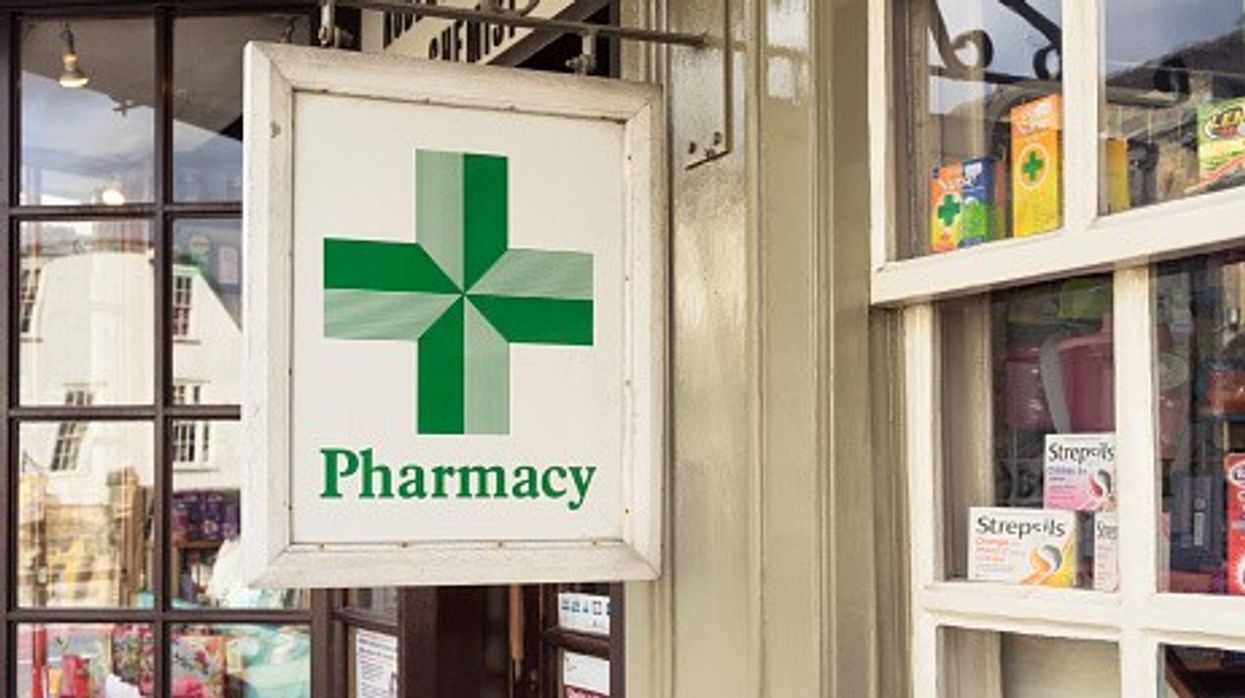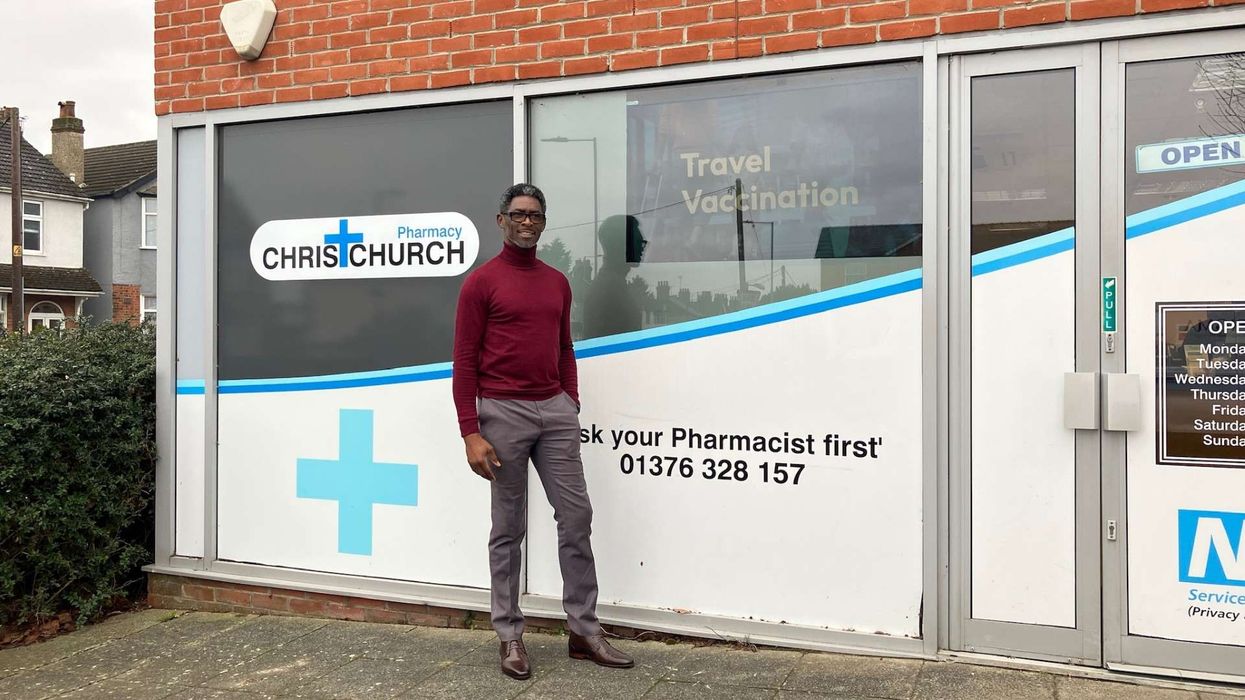Over the past two decades, Turkey has established itself as a global superpower in the medical space. This is primarily due to the nation's investment in building state-of-the-art facilities, sponsoring medical research and innovations, and hiring highly qualified medical professionals. According to Statista, the country is one of the preferred destinations for medical tourists. It is ranked 35th among 46 major medical destinations globally. This makes sense since Turkey attracts thousands of medical tourists annually.
Turkey's Medical Tourism Today
With the world gradually recovering from the coronavirus pandemic, the Turkish medical industry is gearing up for a high influx of tourists. Multiple sources are projecting that the industry could receive over 2.1 million tourists in 2023, generating over $4 billion in foreign exchange for the nation.
One primary reason the Turkish medical sector is attracting a lot of patients is due to its cost-effectiveness of treatment. Turkish medical practitioners like Dr Cinik use some of the world's most advanced technological tools to provide medical services at an affordable rate. With the high cost of medical care in Western Europe and the United States, patients are forced to seek treatments in Turkey, where they can get the same quality service.
The Driving Force Behind The Rise In Turkish Healthcare Tourism
Here are some key factors that influenced the growth of the Turkish medical tourism sector.Modern Technological Innovations Over the years, the Turkish healthcare system has been able to stay ahead of the curve by introducing cutting-edge technologies and tools to its operations. This use of world-class equipment in treatment has contributed immensely to the sector's growth within a short period. It has increased the success rate in the industry in terms of surgical operations and procedures. Also, the level of trust among local and international patients has surged exponentially due to the reputation of the medical sector.
Today, Turkey is ranked highly among countries that produce and use the best medical equipment. Doctors use cutting-edge tools to perform cosmetic implants and other major surgeries on patients. Apart from modern technologies, the Turkish healthcare system also takes pride in using the best medical practitioners. Turkish doctors and nurses are highly trained in the best medical schools across the US and Europe.
Laws and Policies
The Turkish government made the decision to open up the nation's fitness industry in the early 2000s. As a result, they started to alter the sector by enforcing rules that protect domestic and foreign investment. They started putting healthcare measures into effect that same year. The adoption was successful because it gave people more viable alternatives and reduced the strain on the public health care system. With this program, the Turkish healthcare system became highly profitable, attracting a lot of Investments. It grew by over 200% to be valued at over $8 billion in 2022.
Low Cost Of Treatment
Treatment cost has been the primary reason why the Turkish medical tourism sector is growing at an alarming rate. One reason for the low cost of treatment in Turkey is the nation's growing middle class. Unlike other developed countries where many high earners are willing to pay a premium price for healthcare, the Turkish population mostly comprises average income earners.
High competition is another reason for the low cost of healthcare in Turkey. Since the government implemented healthcare reforms in 2003, many local and international healthcare services have launched in the country. This lack of equilibrium in demand and supply has pushed down costs of medical care without compromising the quality.
Geographical and Cultural Reason
The unprecedented growth of Turkey's medical tourism sector can't only be attributed to medicine and treatment cost. Turkey is a wonderful country with lots of historic locations and landmarks. When people consider visiting the country for medical tourism, they also consider the beautiful cities, people, food, and culture. The country's geographical location also makes it an exciting place to visit and spend some alone time. After your appointment with a doctor, you can spend a few days visiting fantastic tourist attractions in the country before you go back home. Just make sure you clear it with your doctor first.
What The Future Holds For Turkey's Medical Tourism
With Turkey strategically located around countries with a combined population of over a billion people, the future of its medical tourism sector is undoubtedly bright. Also, with more investment in its health sector, the country can increase its global medical tourism ranking and generate over $20 billion in the next 20 years. Look out for hair transplant, dental procedures, and plastic surgery.
Bottom Line
With the cost of healthcare services expected to increase in the coming years, Turkey remains the best option for people looking for quality healthcare at an affordable rate. Ensure you are visiting the right hospital with the licenses required to address your medical challenges.











